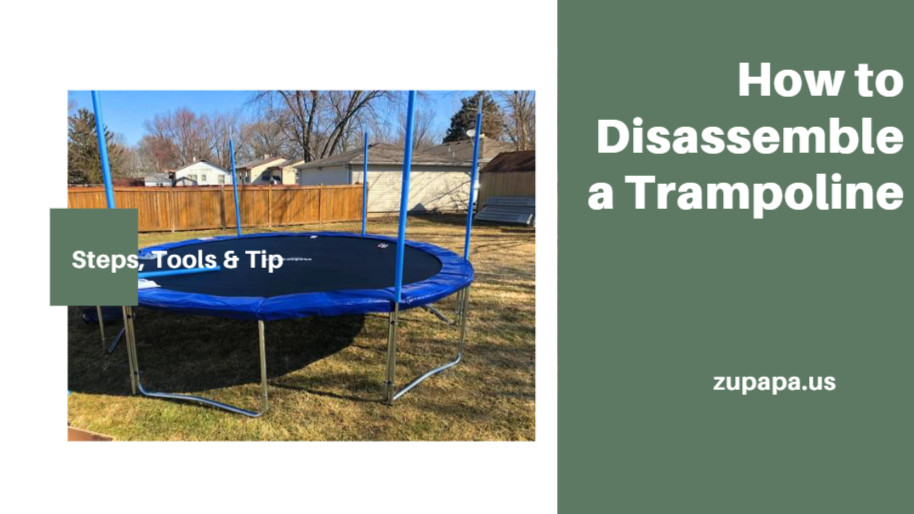Anxiety is very common throughout the growing up of every child.
According to the Centers for Disease Control and Prevention (CDC), 9.4% of children aged 3-17 years, which indicated approximately 5.8 million, had diagnosed anxiety in 2016-2019. The number has never stopped increasing, which means there are more children in the world are suffering anxiety than we could imagine.
For moms and dads, especially the newbies, do not be panic when your child is one of the group. Child Anxiety is not quite a puzzle if you take the proper actions from the very beginning. And there are tons of effective guides shared by doctors and other parents that you can follow, most of them can even be done at home.
What you need to do is to figure out why and when your children feel anxious and how to help them embrace and cope with it. This Child Anxiety Treatment at Home is going to help.
Why Your Child Feel Anxiety?
Children and adolescents may get anxiety problems at different ages for different reasons. Common types for toddlers and preschool children include separation anxiety, anxiety on animals in bigger shape than them, strange storms, heavy wind, darkness, etc. Older kids may feel anxious during the days before the tests, challenging tasks, etc.
Factors or sceneries that cause child anxiety include but not limited to the following:
- Dark bedrooms;
- Barking dogs, insects, etc.;
- Being separated from parents;
- Being enrolled into a new environment, including new home, school, etc.;
- Going to the doctor;
- Being in the crowds, especially when there is full of strangers;
- Before tests and exams;
- Speaking in public;
- Talking to new friends;
- Experiencing physical issues like headaches or stomach aches;
- …
When to Worry about Child Anxiety?
Some basic child anxieties like fear of darkness and water usually go away on their own. Therefore, it is not a big deal when your kids get anxious because of such reasons. However, if there are signs that have harmed their mental and emotional wellbeing, you should pay attention to that and give them proper treatments.
Symptoms or Signs of Child Anxiety
- Always can’t stop crying;
- Easily to be angry;
- Hard to understand and talk to others;
- Hard to fall asleep at night;
- Have bad dreams problems;
- Has a sudden tendency to violence, like a defiant, argumentative, or hitting other children;
- Avoiding group activities, including playing sports, going to school, making new friends, etc.;
- Trouble concentrating;
- …
Child Anxiety Treatment at Home
Tough medicines are often the quickest when it comes to treat kids with anxiety, however, there may also come with a variety of harmful side effects. Why not try some natural non-clinical ways first to calm and help your kids? It isn't a tough work to give anxiety treatment to your child at home. On the contrary, it is very easy to start and follow if you have a strong awareness on that.
Calm Yourself First
We all know that parents have a strong desire to help their dear children to get out of anxious situations, however, never act with undue haste. Children are very good at imitation! If you cannot calm yourself, your child will feel your eagerness unconsciously, and that may empower their anxiety, which is certainly not a good start for the treatment. Therefore, calm yourself first and give your anxious child a peaceful atmosphere are crucial.
Studies also show that kids with parents who are easy to be caught in anxiety are up to seven times more likely to have anxiety problems than others. From this perspective, giving good examples of dealing with anxious emotions also helps with Child Anxiety Problems.
Talk to Your Child
When your kids feel anxiety, they are hard to step out of the strange circle by themselves, and talking to them can help. If you give them proper guide, in a friendly and relaxed manner, of course, they will learn how to recognize signs of their anxiety during the talk too, which is extremely helpful in their further life.
What to Say to a Child with Anxiety?

- Tell them that feeling anxiety at times is very normal, and they should never be shocked or embarrassed;
- Encourage your kids to ask for help when they are stocked in anxiety;
- Encourage your kids to tolerate and cope with it instead of avoiding or getting rid of it;
- Help them find out the real hidden reasons that cause such anxiety problems;
- How you or others that your kids also familiar with once successfully fixed the same anxiety during childhood;
- Encourage your children to write this experience down, so that they can get power from it next time;
- Give them suggestions on solutions as much as possible. Even though some solutions don’t work this time, it may work next time.
Living a Healthy Lifestyle
As the old saying goes, “keeping healthy can drive most of the anxieties away.” Helping your children to build up a healthy lifestyle is also a crucial way to help.

Activities to Enroll Your Children in a Healthy Lifestyle and Ease Child Anxiety
- Encourage backyard outdoor trampoline or indoor kids trampoline bouncing. Many studies have shown that trampolining is a good remedy for child anxiety. Jumping usually makes happy smiles happen, and anxiety may disappear when they are exhausted;
- Have regular yoga practices with your children. Mediation helps your kids to calm themselves down and leave bad emotions behind;
- Introduce them to paddle board excursions. Our Mother Nature is a magic bullet. Enough exposure to nature with a trip of new adventures may also mark a new start in life;
- Establish a hobby like dancing or hiking, and then you will always have something you are interested in and good at to do to distract your mind from stressful thoughts;
- Help them sleep on time. Sleeping at irregular hours disturbs the body and mind balance and leads to anxiety eventually;
- Gymnastic bars may be helpful if your kids want some relatively professional exercises at home.
- Having a varied and balanced diet with a good amount of vitamins and supplements. What to Give Your Child with Anxiety? Recommended kid-friendly foods include yogurt, fruits like bananas and oranges, Brazil nuts, fatty fish, eggs, etc. Avoiding too many foods like candy, cakes, soda, processed foods, and white bread, etc.
Seek Professional Help from Doctors If In Need
If your children are constantly anxious or their anxiety problem is severe, you’d better take them to clinics or hospitals and seek professional help from doctors. A severe anxiety is hard to cure without the help of medicines and therapies, and only the doctors know what medicines or therapies are right for your children.
Conclusion
Parents should know that anxiety is very common amongst children. Compared with taking them out of the environments they are afraid of, it is more important for parents to help kids face it bravely. Parents can give children anxiety treatment at home, including being a good example on anxiety coping, talking with them softly and helping build up a healthy lifestyle, etc. In most of the cases, treatments at home are enough to take them back to normal and get a happy life. However, if the home treatment failed or there are severe anxiety, asking experts for help may be better.




